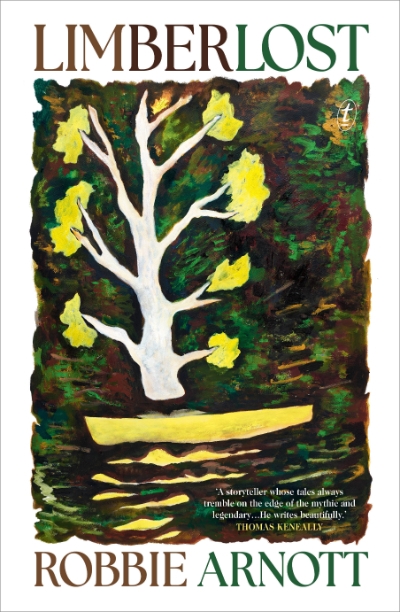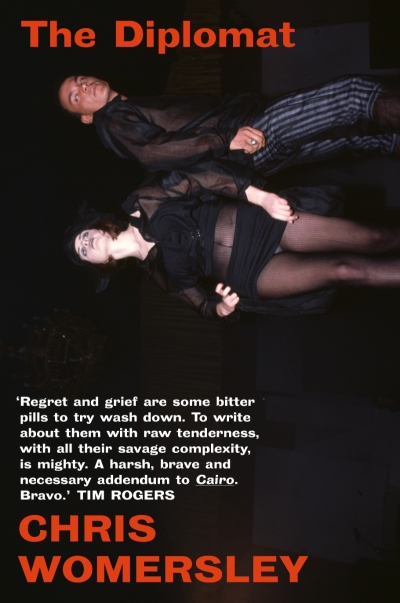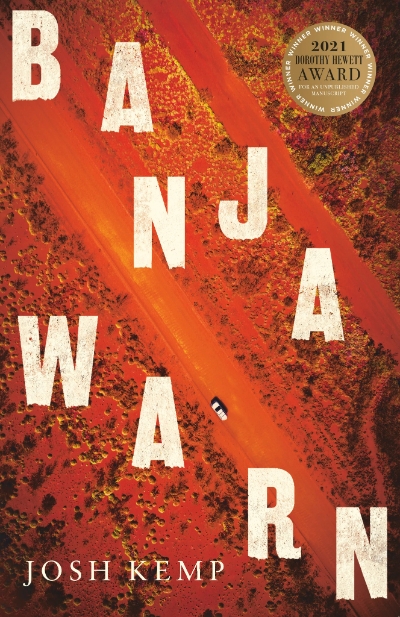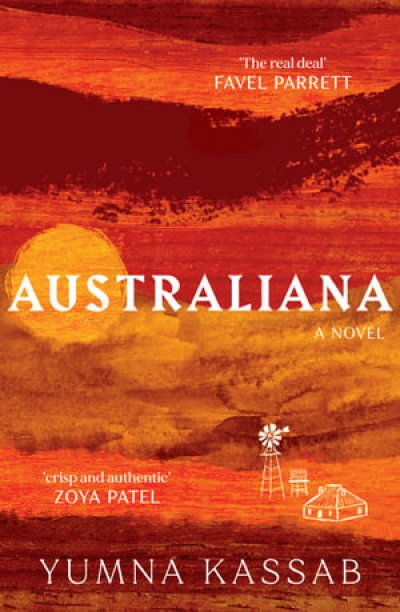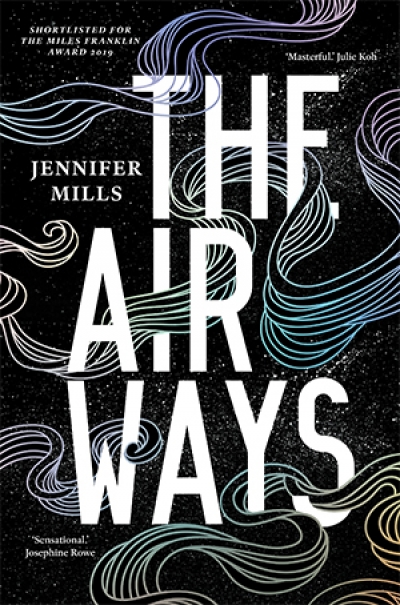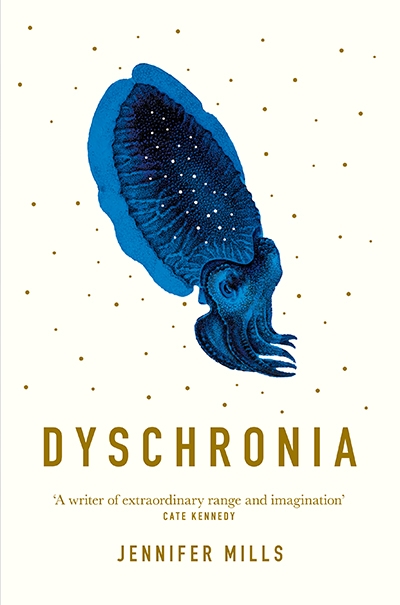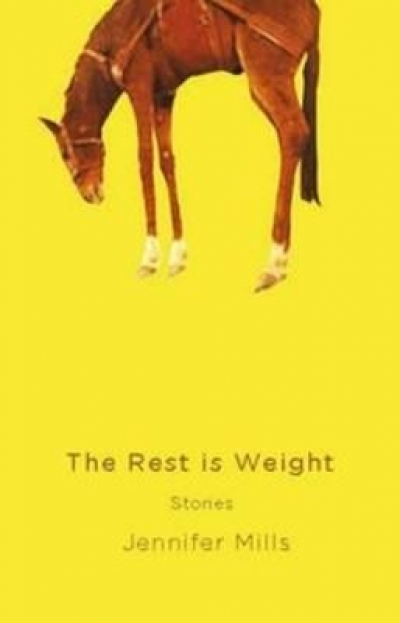Jennifer Mills
Jennifer Mills is the author of the novels The Airways (Picador, 2021), Dyschronia (Picador, 2018), Gone (UQP, 2011), and The Diamond Anchor (UQP, 2009) and a collection of short stories, The Rest Is Weight (UQP, 2012).
... (read more)The Rest is Weight by Jennifer Mills & Tarcutta Wake by Josephine Rowe
by William Heyward •


